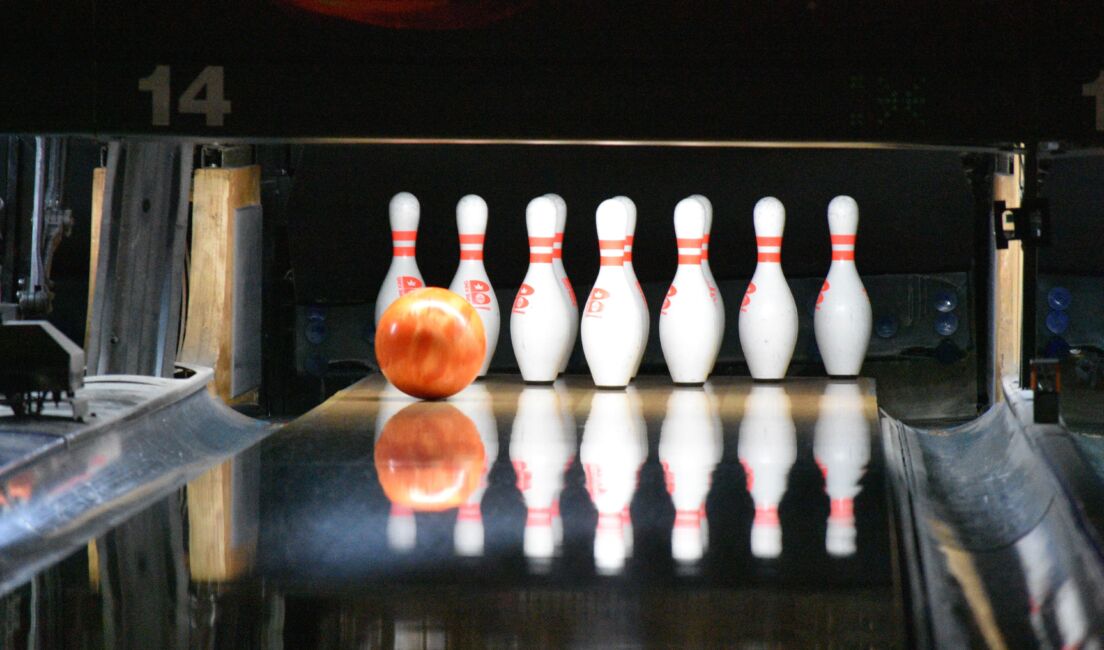Maybe we can build new, stronger ties with more people, so that when the next crisis comes, we are able to weather it with greater good will, unity and recover a flourishing society more quickly.
Surviving a social capital depression, advice from a hopeful pessimist

We’re all bowling alone now. Well, not exactly—not many of us are really bowling, alone or otherwise. But we’re all more alone than we were 6 months ago and settling into the idea that we’ll probably be more alone than we’d like to be for quite a bit longer.
My lame intro joke is a reference to the political scientist Robert Putnam’s book, Bowling Alone: The Collapse and Revival of American Community, published in the year 2000. In it, he outlines the decline of what he calls “social capital” in American society, by which he means that Americans then were spending less time -with friends, families, and in clubs and associations. As a result, the valuable societal benefits that flow from those associations were being depleted. In the ensuing 20 years, the situation has become what can might be described as a social capital recession. And as the pandemic forces us into isolation, it may throw us into a full-on social capital depression.
If you’re like me, by now you’ve found some ways to squeeze in some limited human connection, but many things are still off limits. And even if you’ve ventured out and engaged in more of what you used to do, you still bear a greater social cost and a higher risk from the activities that we used to take for granted. It’s hardly a flourishing human life.
I think a lot about what we’ve lost, the relationships not being built, the new ideas we’re not encountering, and how little energy we have to give because normal life has just gotten harder. And yet, I think I still see some hope.
Sometimes when we can easily choose something, we take it for granted. You don’t realize how vital water is to your survival until you spend a few days in the desert. Perhaps the same can be said for social capital. During this pandemic, I’ve found moments of kindness and new connection with neighbors, deepening relationships with family members, and been encouraged by the places we’ve found common ground on issues of racial inequality.
Amid a particularly divisive time in our history, I never expected to see civil discussions about race relations taking place in my Facebook feed, of all places. Nor did I expect that in a global pandemic, you would see people from all walks of life engaging in largely peaceful protests about it. I find it particularly striking that when we should be furthest apart, when many conversations about our political values in other areas are not going well, some gaps of understanding are being bridged. I’m not sure if that can be traced specifically to the pandemic, but it’s certainly surprising in light of it. There is some social capital being built and that is reason to hope.
Maybe we can pay more attention to the opportunities that we have to build it now while it is scarce. And when the pandemic is over, aspire to more than just returning to the status quo social capital recession. Instead, maybe we can build new, stronger ties with more people, so that when the next crisis comes, we are able to weather it with greater good will, unity and recover a flourishing society more quickly.
Photo by Michelle McEwen on Unsplash